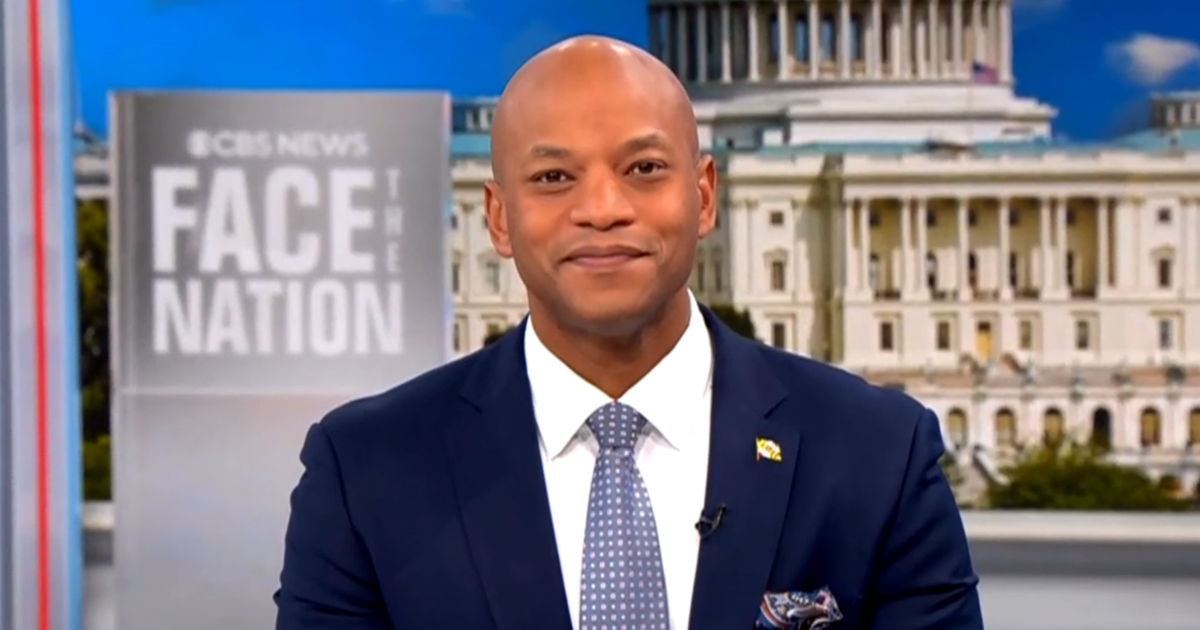DONALD TRUMP COST HIS PARTY A LOT OF VOTES in Tuesday’s elections. He and his supporters are peddling excuses for the big Republican defeat—pleading that the losses were in blue states, faulting the poor quality of the candidates, or arguing that the GOP would have performed better if Trump were on the ballot this year. But the president and his policies were largely to blame. Here’s what the exit polls show, as of this writing.
Among people who cast ballots in the Virginia governor’s race, 16 percent said one reason for their vote was to support Trump. More than twice as many, 38 percent, said one reason for their vote was to oppose him. (The rest said he wasn’t a factor.) In the New Jersey governor’s race, the ratio was three to one: 13 percent said they were voting in part to support Trump, but 41 percent said they were voting in part to oppose him.
These numbers aren’t what you’d expect from the partisan breakdown of the electorate. In both states, self-described Democratic voters outnumbered self-described Republicans, but only by 5 points in Virginia and 7 points in New Jersey. In both states, Trump’s negative effect on the Republican candidates went far beyond that.
In New Jersey, voters disapproved of Trump’s job performance by a 14-point margin, 56 percent to 42 percent. In Virginia, the gap was bigger: 39 percent approved of Trump, but 59 percent disapproved. When you break down how these people voted, it turns out that even if the Republican gubernatorial nominees had won every voter who approved of Trump, they still would have lost. They were swamped by the president’s disapprovers.
In California’s redistricting referendum, 92 percent of voters said congressional districts should be drawn by a nonpartisan commission, not by the party in power. Despite this, most of those people—63 percent of the 92 percent—vote for Proposition 50, which replaces a nonpartisan map of districts with a map drawn by, and favoring, Democrats.
Why did these people vote against the neutrality they preferred? Another finding in the poll seems to answer that question. Among the majority who voted for Prop 50—about 64 percent of the electorate—only one of every six voters said they were doing so because “it is the best way to draw congressional district lines in California.” Eighty-two percent (of the 64 percent) said they were voting for Prop 50 “to counter the changes made by Republicans in other states.” That’s a reference to Texas and other states where Republican lawmakers, prodded by Trump, have recently redrawn districts to favor the GOP.
The upshot, when you run the numbers, is that most people who showed up for the California referendum were those who voted for Prop 50 specifically to counter Trump’s gerrymandering.
In the California referendum, self-identified Democratic voters outnumbered self-identified Republicans by 22 percentage points. But Prop 50 passed by about 28 points.
Why the difference? In addition to the backlash against Texas, Trump’s militarization of cities may have played a role. The exit poll asked, “Do you favor or oppose the federal government sending the National Guard to major cities in California?” Sixty-five percent of voters opposed it. That’s very close to the percentage who voted for Prop 50. It’s possible that this and other Trump policies added to Prop 50’s margin of victory.
Most voters in Virginia, New Jersey, and California said “the Trump administration’s actions on immigration enforcement” had gone too far. (The question wasn’t asked in New York City.) In these exit polls, only about one in seven voters said the administration’s actions hadn’t gone far enough. Those who said Trump had gone too far voted overwhelmingly for the Democrats.
But that’s not the surprise. The surprise is how many people said their governor (or, in the case of New York City, their mayor) shouldn’t even “cooperate with the Trump administration on immigration enforcement.” In California and New York City, the number was 61 percent. In New Jersey, it was 49 percent, outweighing the 47 percent who said their governor should cooperate. (The question wasn’t asked in Virginia.)
That’s a remarkable statement of resistance. Republican politicians have long relied on polls showing support for immigration enforcement and opposition to politicians who stood in its way. Jack Ciattarelli, the Republican nominee for governor of New Jersey, campaigned heavily on this issue. “Executive order No. 1, on day one, no town in this state will be a sanctuary city,” he told voters. “We will not be a sanctuary state.”
On Tuesday, the voters of New Jersey rejected that message. They rejected Ciattarelli. And they rejected Trump.
Source link

